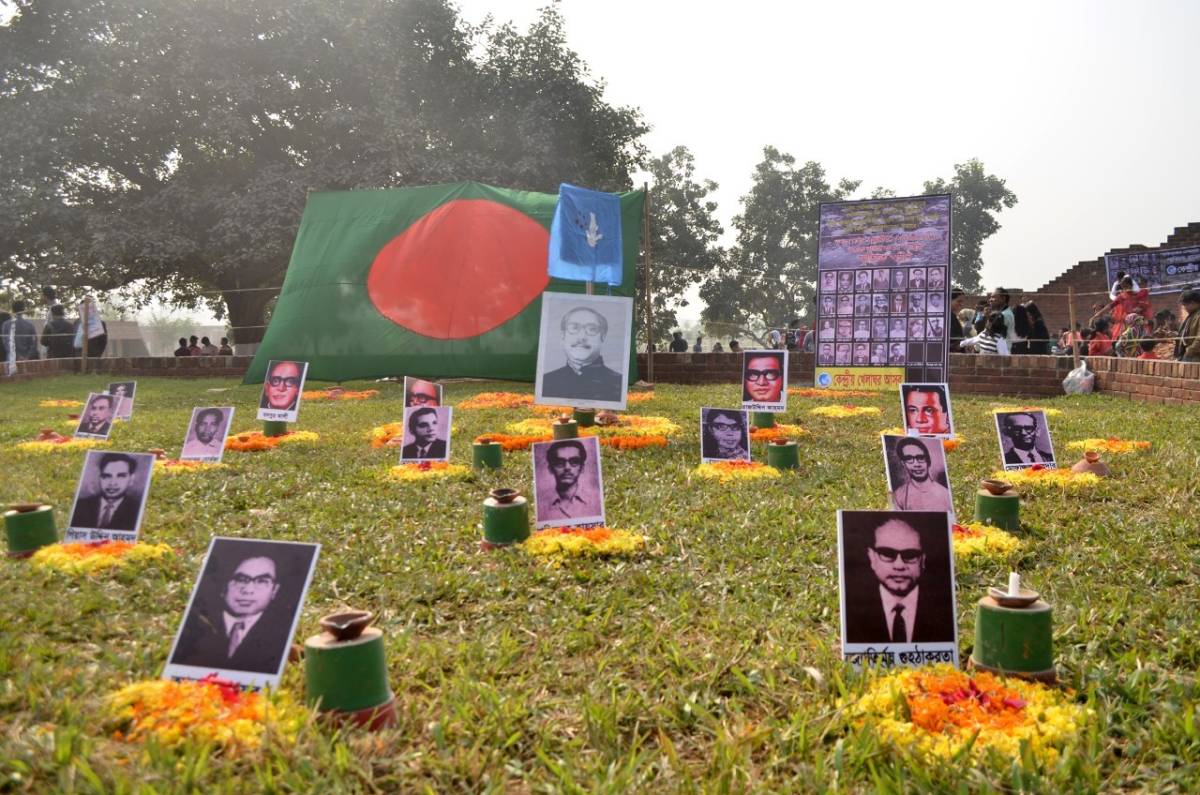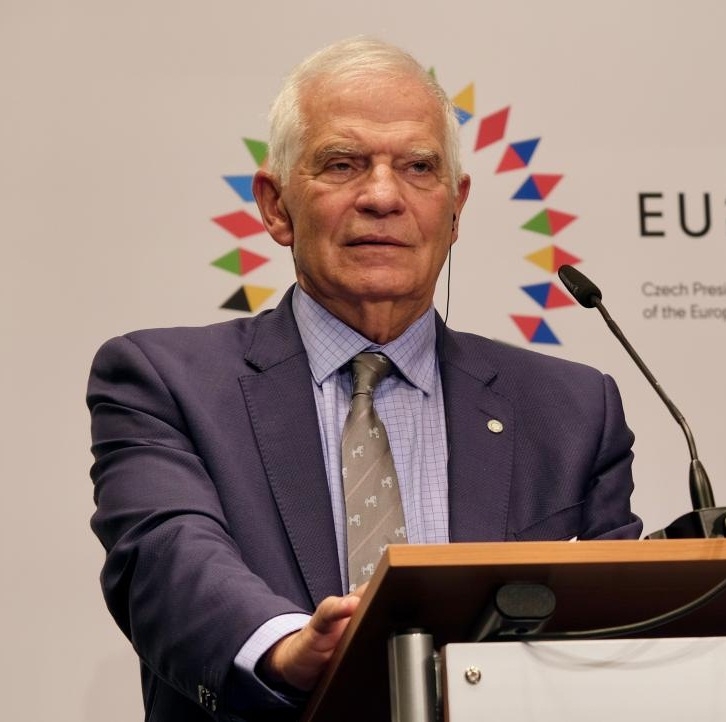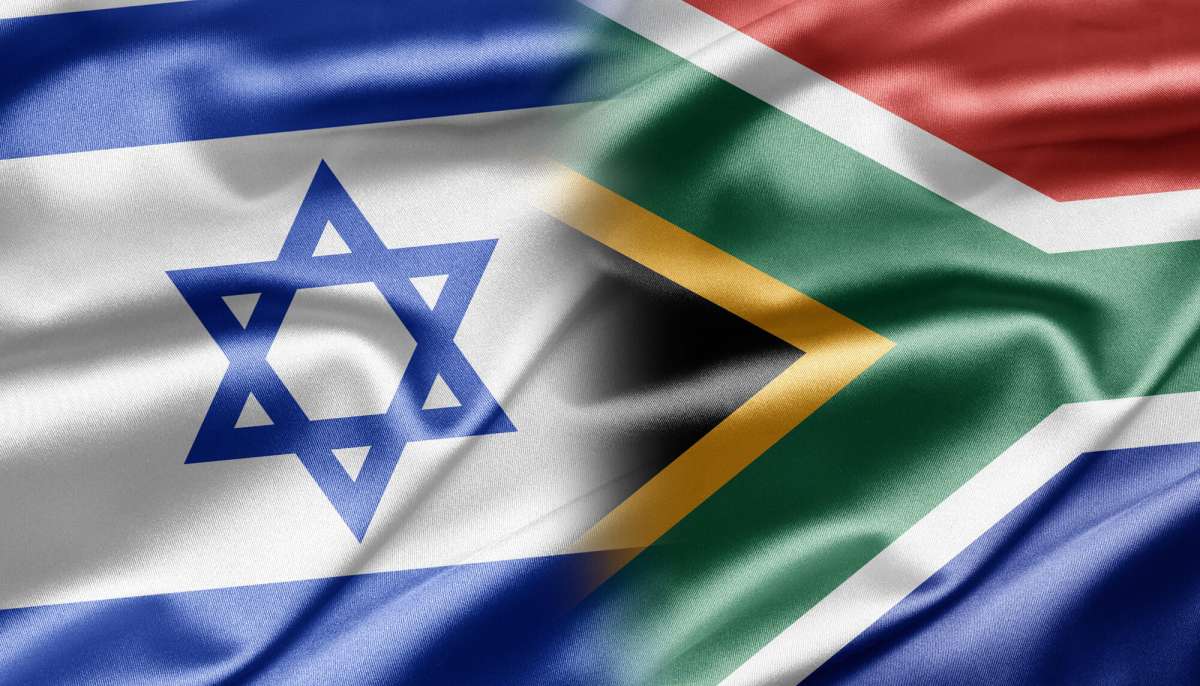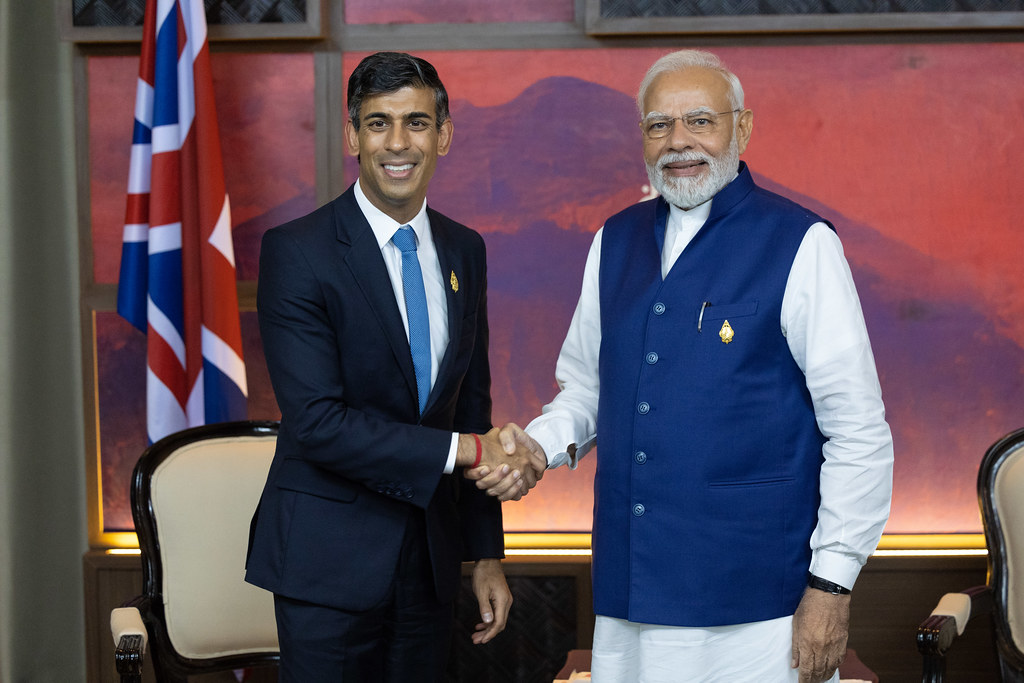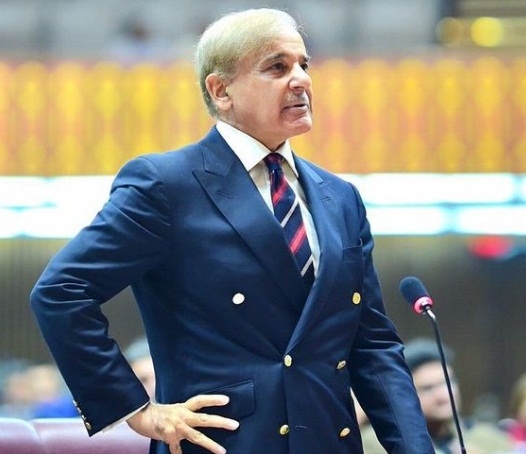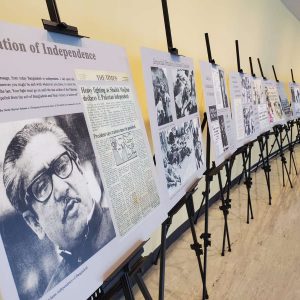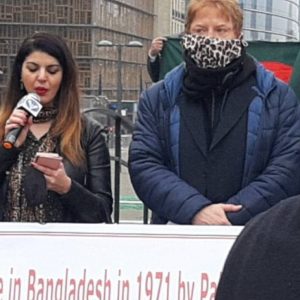Guterres made the appeal in his message to mark the International Day of Commemoration and Dignity of the Victims of the Crime of Genocide and of the Prevention of this Crime, observed on Friday…reports Asian Lite News
UN Secretary-General Antonio Guterres this week urged countries to take concrete steps to protect minorities and other communities at risk of genocide, in wake of rising hate speech and discrimination worldwide.
Guterres made the appeal in his message to mark the International Day of Commemoration and Dignity of the Victims of the Crime of Genocide and of the Prevention of this Crime, observed on Friday. “States have the primary obligation for preventing genocide, but religious and community leaders, civil society, the private sector and the media – including social media platforms, play an essential role,” he said.
For the Secretary-General, the International Day is an opportunity to remember and pay tribute to the victims and survivors of genocides across the world. “It is a day to reexamine our collective failure to prevent this crime in the past, and to redouble prevention efforts for the present and the future,” he added.
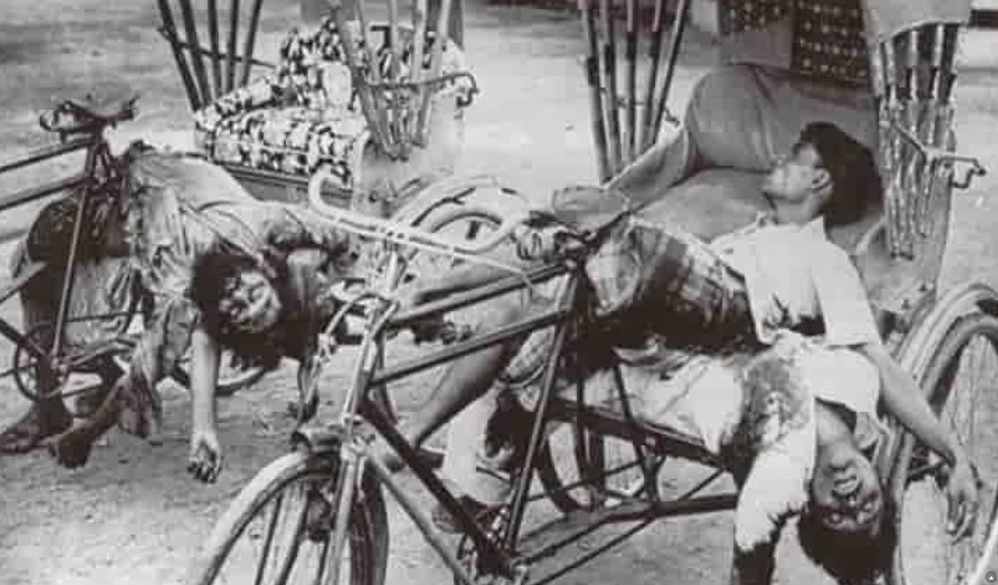
Yet, more than 70 years after the international community adopted a convention on genocide prevention and punishment, “the threat of genocide remains present in many places around the world,” he warned.
On the day commemorating victims of genocide, Paulo Casaca, executive director of the Brussels-based South Asia Democratic Forum, said the 1971 Bangladesh genocide was a notable event after the enforcement of the Convention on the Prevention and Punishment of the Crime of Genocide in 1951.
“Whereas an International Crimes Tribunal in Bangladesh addressed some crimes, Pakistan, the country whose military establishment is accountable for the genocide organisation, has neither recognised its responsibilities nor acted to punish the culprits,” he said.
He stated that a crime that benefitted from complicity or at least a silence of Western powers – first and foremost by the United States diplomacy – has yet to be fully recognised on the international stage.
“However, beyond Bangladesh, it is in the United States that we witness the strongest process towards international recognition today,” he added.
Casaca contended that the International Day of Commemoration and Dignity of the Victims of the Crime of Genocide and of the Prevention of this Crime, in 2022, is the right occasion to start a movement demanding universal criminal accountability for past atrocities, at both the national and international fora.
The Bangladesh genocide will necessarily be a top subject in this agenda, but it should be articulated with other genocides and atrocities that have taken place more recently, he added. (ANI)


